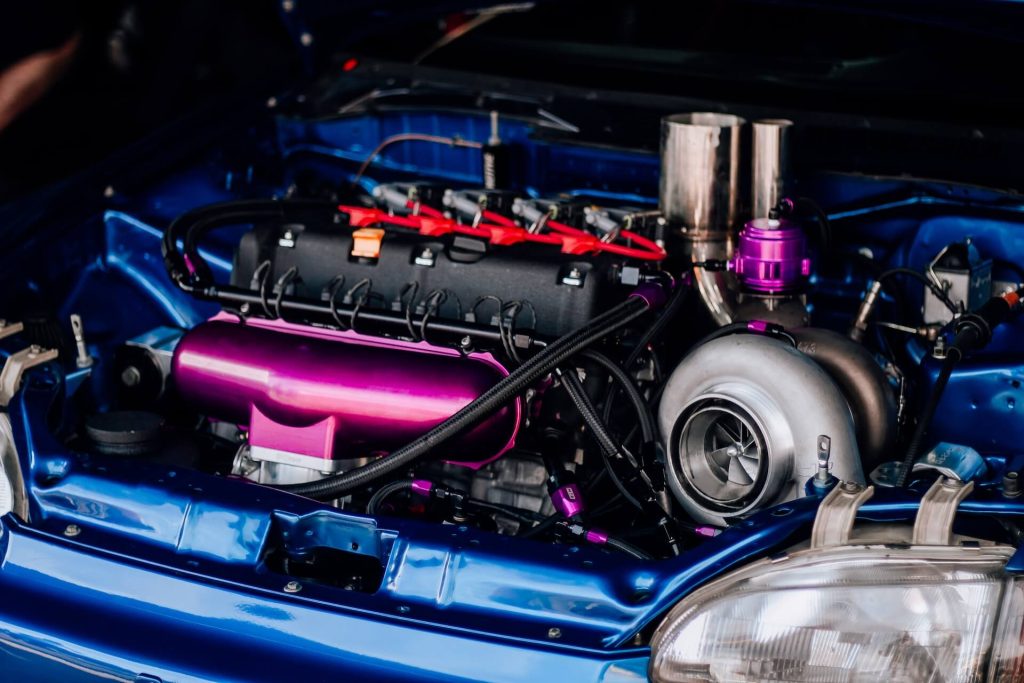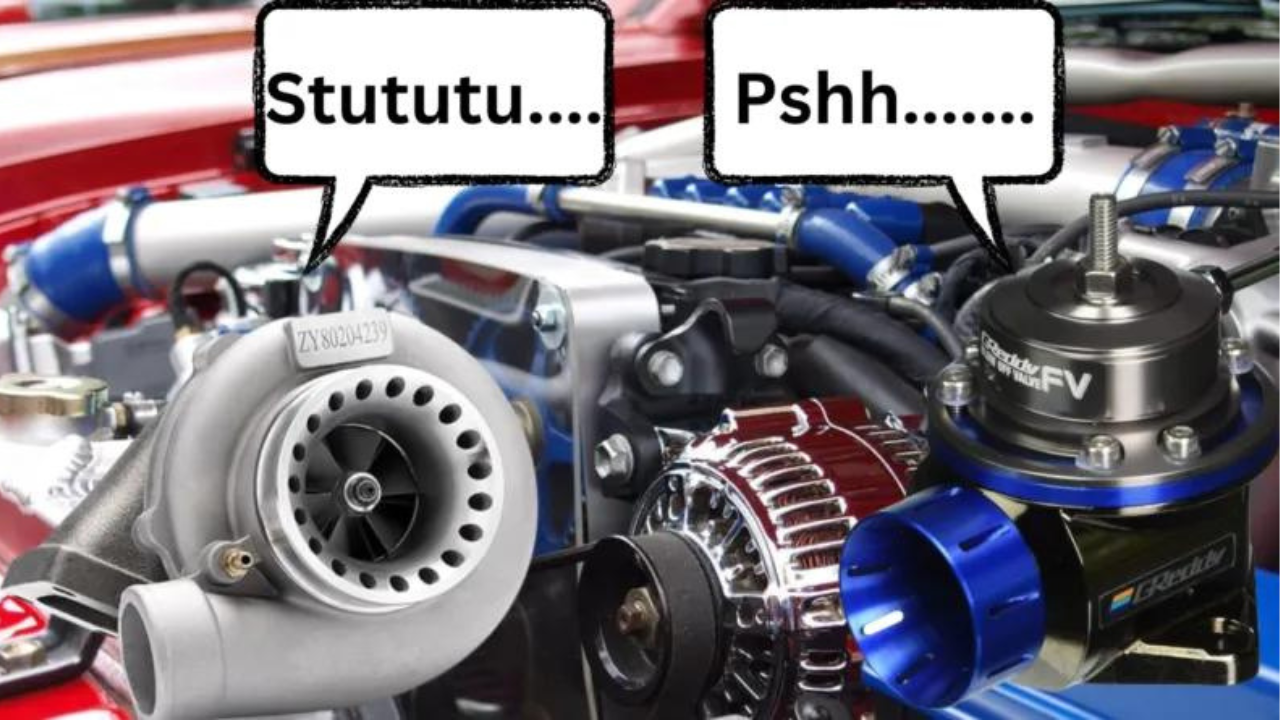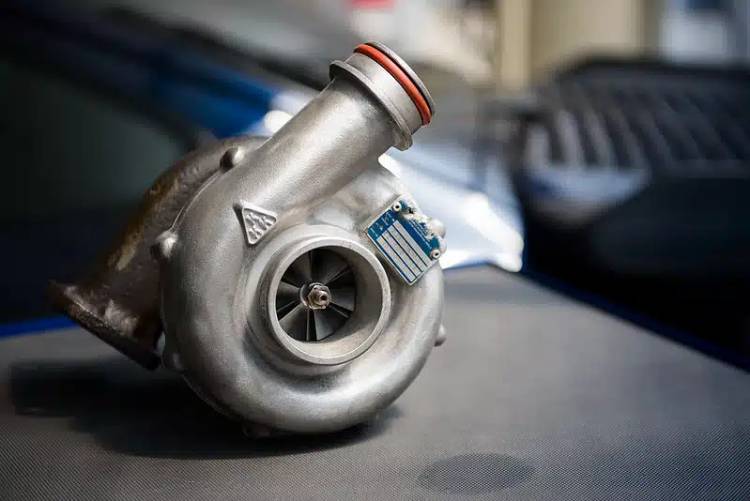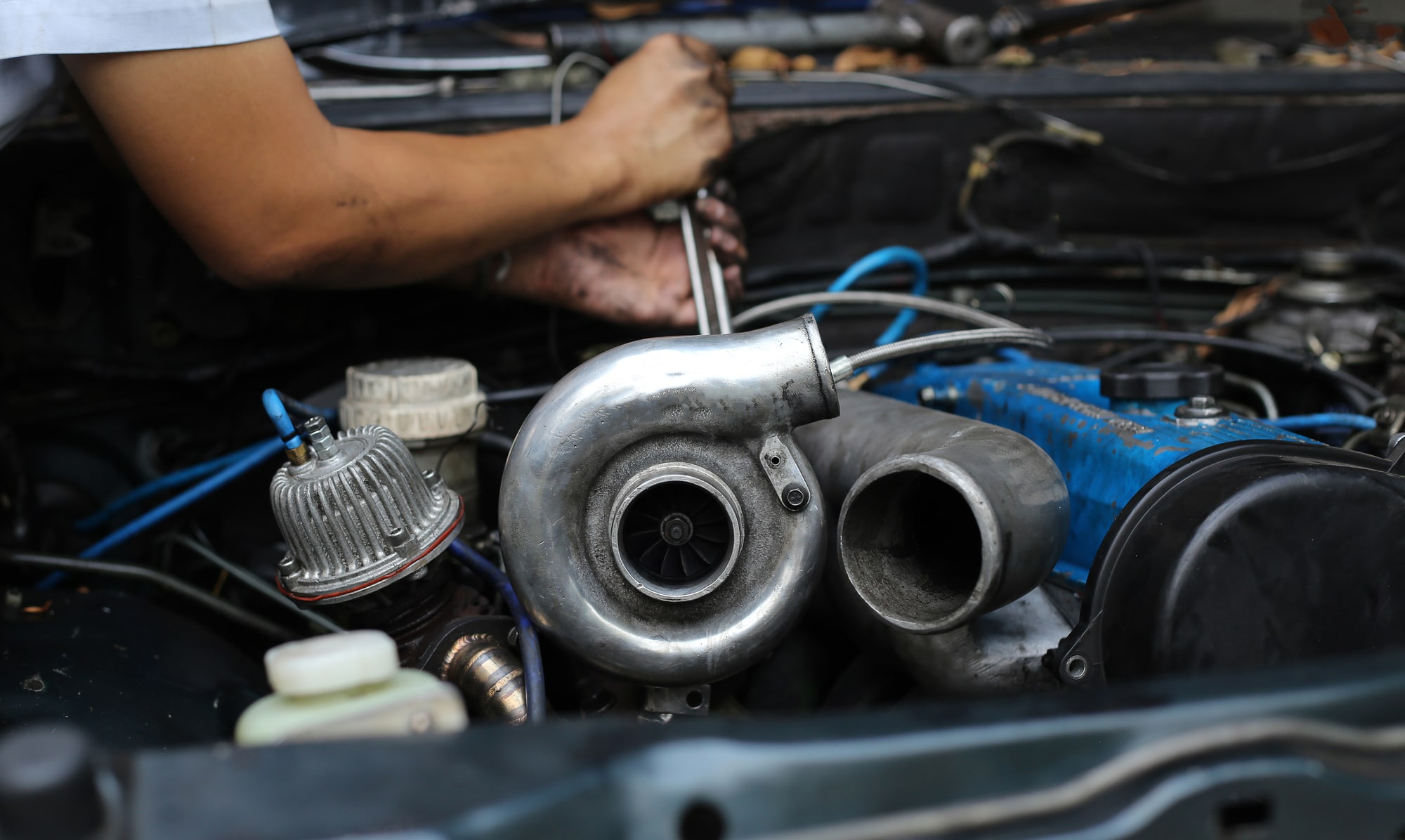Fantastic Info About How To Stop Turbo Flutter

How To Get Turbo Flutter A Comprehensive Guide
Understanding Turbo Flutter
1. What exactly IS Turbo Flutter?
Okay, let's get one thing straight: that rapid "fluttering" or "chipping" sound you hear coming from your turbo isn't some exotic bird taking up residence under your hood. It's a phenomenon called turbo flutter, also sometimes referred to as compressor surge. Its generally most noticeable when you suddenly lift off the throttle after being under boost. Think of it like this: your turbo is working hard to pump air into your engine, and suddenly, that airflow is cut off. The excess air tries to backflow through the turbo, causing the compressor wheel to stall and rapidly change speed. That rapid change, that's the flutter you're hearing.
Think of it like trying to push a door open against a strong wind. You're pushing hard (turbo boosting), but then you suddenly stop pushing. The wind slams the door back towards you. The rapid oscillation of that door is similar to what happens with the air in your turbo system during flutter.
Now, some people might tell you that a little bit of turbo flutter is no big deal — just a normal quirk of a high-performance engine. And in very mild cases, that might be true. But persistent or excessive turbo flutter isn't something you want to ignore. It can put undue stress on your turbocharger's components, eventually leading to premature wear and, you guessed it, expensive repairs. Nobody wants to be stranded on the side of the road because their turbo decided to call it quits.
So, let's dive into why turbo flutter happens in the first place, and more importantly, what you can do to address it and keep your turbo happy and healthy. Well cover everything from simple fixes to more involved modifications. Buckle up!

Is My Turbo Flutter a Real Problem? Assessing the Severity
2. Distinguishing Normal Noise from Cause for Concern
Alright, so you've identified a noise coming from your turbo area. But before you start tearing things apart, let's figure out if it's actually turbo flutter and if it's something to worry about. A faint whistle or hiss under acceleration is usually normal turbo operation. What you're looking for is a distinct "fluttering," "chipping," or even a "stuttering" sound, especially when you release the throttle quickly after being under boost.
The intensity and frequency of the sound are key. A brief, barely audible flutter might be acceptable in some performance applications. However, if the sound is loud, persistent, and accompanied by other symptoms like a loss of power or sluggish acceleration, then you've definitely got a problem that needs addressing. Its best to take a video with sound so you can show it to your mechanic. Describing sounds isnt always the easiest thing to do.
Furthermore, consider the age and condition of your turbocharger. An older turbo with worn bearings or seals might be more prone to flutter. If your turbo is relatively new and properly maintained, excessive flutter is a stronger indicator of a problem with the boost control system or other related components.
When in doubt, err on the side of caution. If you're unsure about the severity of the noise, it's always best to consult with a qualified mechanic or turbo specialist. They can perform a thorough inspection and provide an accurate diagnosis. Think of it as a preemptive strike against a potential turbo meltdown!

What Is Turbo Flutter And It Bad?
Common Causes of Turbo Flutter
3. Diagnosing the Root of the Problem
So, what's causing this turbo flutter mayhem? There are a few common culprits that are usually to blame. One of the most frequent reasons is a lack of an adequate bypass valve (also known as a diverter valve) or blow-off valve (BOV). These valves are designed to release excess pressure when you close the throttle, preventing the pressure from building up and causing the dreaded backflow that leads to flutter.
Another potential cause is a faulty or improperly adjusted boost control system. This system regulates the amount of boost your turbocharger produces. If it's not working correctly, it can cause overboost conditions, which can then lead to flutter when you release the throttle. Vacuum leaks in the boost control system can also wreak havoc, throwing off the delicate balance of pressures and causing the valve to act erratically.
Sometimes, the problem isn't a specific component failure, but rather an incompatibility between the turbocharger and the engine's setup. For example, a larger turbocharger might require a different bypass valve or blow-off valve setup to properly handle the increased airflow. Likewise, modifications to the intake or exhaust system can alter the pressure dynamics and contribute to flutter. This is especially important to consider if youve recently upgraded your system.
Finally, don't rule out the possibility of a simple mechanical issue. A sticking or damaged bypass valve or blow-off valve can prevent it from opening and closing properly, leading to flutter. Also, check the hoses and connections in the boost control system for any signs of cracks, leaks, or obstructions.

The Solutions
4. Practical Steps to Eliminate the Noise
Now for the good stuff: how to actually stop turbo flutter. The solution will depend on the underlying cause, so let's break down some common fixes. First, if your car doesn't have a bypass valve or blow-off valve, installing one is a great first step. Make sure you choose a valve that's appropriately sized for your turbocharger and engine. There are recirculating bypass valves (which vent the excess pressure back into the intake) and atmospheric blow-off valves (which vent the pressure to the atmosphere, creating that cool "whoosh" sound). Your choice will depend on your preferences and any regulations in your area.
If you already have a bypass valve or blow-off valve, inspect it carefully for any signs of damage or wear. Check that it's moving freely and that the diaphragm or piston isn't torn or cracked. Clean the valve and its surrounding area to remove any dirt or debris that might be interfering with its operation. Also, make sure the valve is properly adjusted. Many valves have adjustable springs or preload settings that can be fine-tuned to optimize their performance.
Next, inspect the boost control system for any leaks or malfunctions. Check all the hoses and connections for cracks, loose fittings, or signs of deterioration. Use a vacuum gauge to check for leaks in the system. If you find any leaks, replace the damaged hoses or tighten the loose connections. If you suspect a problem with the boost control solenoid or other electronic components, consult with a qualified mechanic for further diagnosis and repair. A boost leak test is invaluable here.
Consider your engine's overall setup. If you've made significant modifications to the intake, exhaust, or other components, you might need to adjust the boost control system or change the bypass valve/blow-off valve to compensate for the altered airflow dynamics. Working with a tuner is ideal at this stage. They can use diagnostic tools to analyze the behavior of the turbo system under different conditions and make adjustments to optimize performance and prevent flutter.

Turbo Flutter Your Questions Answered
Preventative Measures
5. Long-Term Turbo Health
Stopping turbo flutter once it starts is important, but even better is preventing it in the first place! Regular maintenance is key to keeping your turbocharger and its related systems in good working order. Change your oil regularly using a high-quality synthetic oil that's specifically designed for turbocharged engines. Clean oil helps to lubricate the turbocharger's bearings and prevent wear and tear. A well-maintained air filter will also keep the turbocharger free from contaminates which will keep it spinning freely.
Periodically inspect the bypass valve or blow-off valve and the boost control system for any signs of wear or damage. Replace any worn or damaged components promptly. Also, check the hoses and connections for leaks or cracks. Catching these issues early can prevent them from escalating into more serious problems.
Avoid aggressive driving habits that can put unnecessary stress on your turbocharger. Repeatedly accelerating and decelerating quickly can cause excessive turbo lag and flutter. Drive smoothly and avoid sudden throttle changes whenever possible.
Finally, consider installing a boost gauge to monitor your turbocharger's performance. A boost gauge can provide valuable information about the turbocharger's operating pressure and help you detect any abnormalities early on. It's like having a little window into the health of your turbocharger!

Is Turbo Flutter Bad For Your
FAQ
6. Common Queries and Expert Insights
Got more questions about turbo flutter? Here are some answers to frequently asked questions:
Q: Can turbo flutter damage my engine?
A: While mild turbo flutter might not immediately cause catastrophic damage, persistent or severe flutter can put undue stress on the turbocharger's components, leading to premature wear and potentially engine damage in the long run. It's best to address it promptly.
Q: Is turbo flutter the same as turbo lag?
A: No, turbo flutter and turbo lag are two different phenomena. Turbo lag refers to the delay between when you press the accelerator pedal and when the turbocharger starts to produce boost. Turbo flutter, as we've discussed, is the sound and vibration caused by backflowing air.
Q: Can I fix turbo flutter myself, or do I need a mechanic?
A: Simple fixes like cleaning the bypass valve or tightening loose connections can often be done yourself. However, more complex issues like diagnosing and repairing problems with the boost control system might require the expertise of a qualified mechanic.
Q: My car is stock. Why is it having turbo flutter?
A: Even stock cars can experience turbo flutter. It could be due to a failing bypass valve, vacuum leaks, or even just normal wear and tear on the turbo system over time. The older the car, the more likely it is to experience issues.